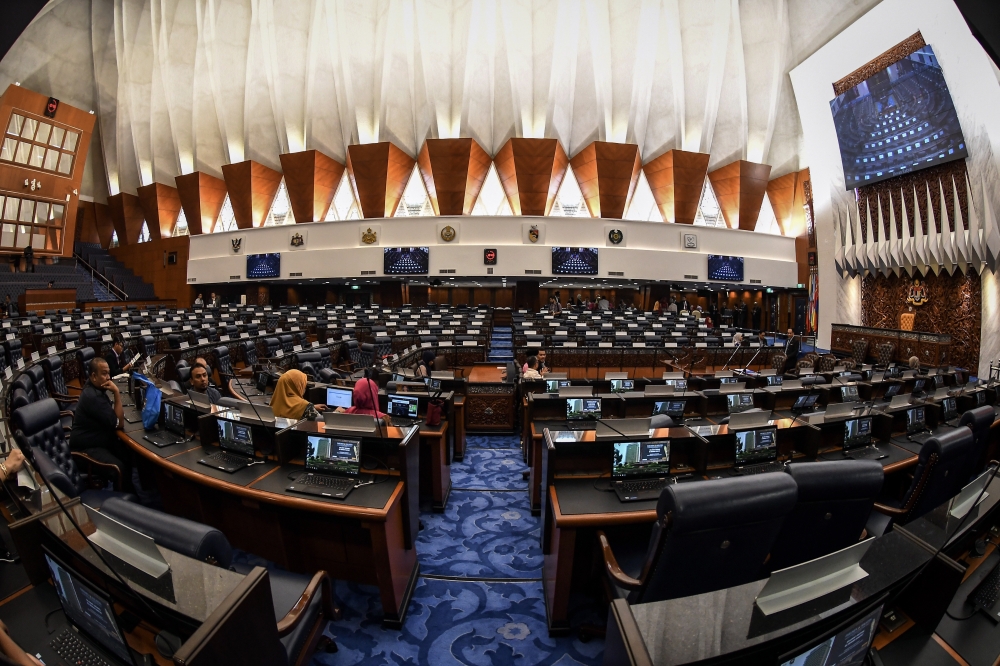KUALA LUMPUR, Jan 25 — WWF-Malaysia clarified today that its 2009 study on tigers found the animals benefited only in a selectively logged part of a forest that also adhered to sustainable management, and not indiscriminate logging.
Tiger Conservation Programme communication manager Carol Debra said the study titled “The importance of selectively logged forests for tiger Panthera tigris conservation: a population density estimate in Peninsular Malaysia by D. Mark Rayan and Shariff Wan Mohamad” in 2009 was done to obtain information on density of tigers specifically in selectively logged forests.
“It is important to note that the study refers to selective logging, not indiscriminate logging.
“Selective logging is a forestry practice that only cuts a select number of trees annually in a forest compartment instead of the whole forest at once, in line with Sustainable Forest Management (SFM) practices,” she said in a letter to Malay Mail.
Rayan and Shariff who are both wildlife experts set up camp at the Gunung Basor Forest Reserve in Kelantan as part of a wide-ranging observation study on Malayan tigers.
Their study covered an area of 120km, aided by infrared camera traps strategically positioned and running round the clock for nine months.
On January 24, Kelantan Forestry Department director Abdul Khalim Abu Samah said areas that are deforested are actually good for tigers.
He claimed that after an area is deforested, new vegetation will grow that will encourage the presence of new animal species that serve as food to tigers.
The Kelantan government had received flak after report of tigers roaming around near Orang Asli villages in Gua Musang with one confirmed death due to a tiger attack on January 7.
On January 12, Kelantan Deputy Mentri Besar Datuk Mohd Amar Nik Abdullah reportedly urged the public not to make baseless claims that illegal logging had displaced the tigers from their habitat.



















